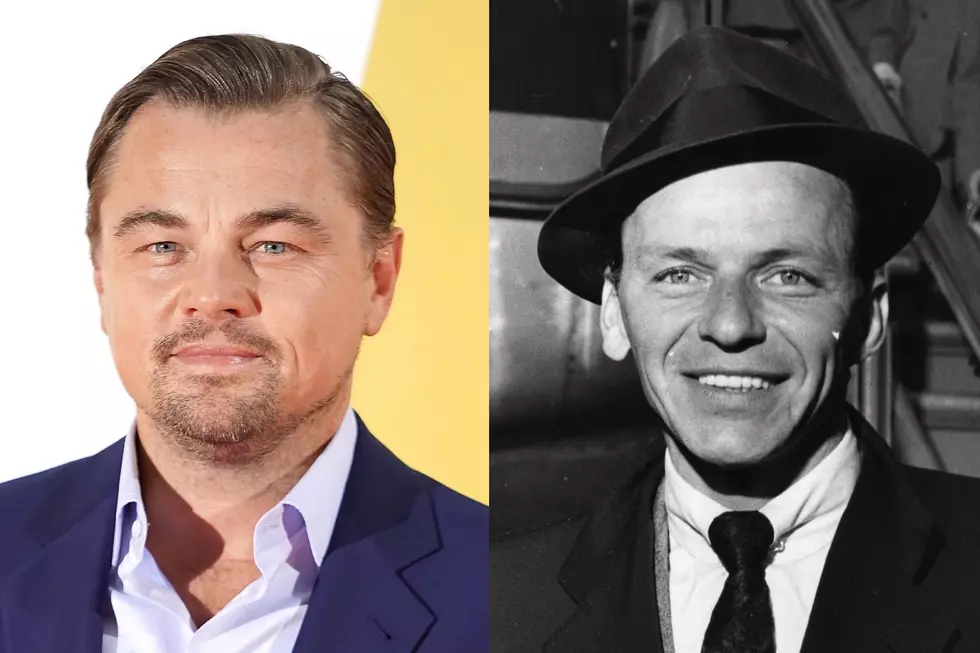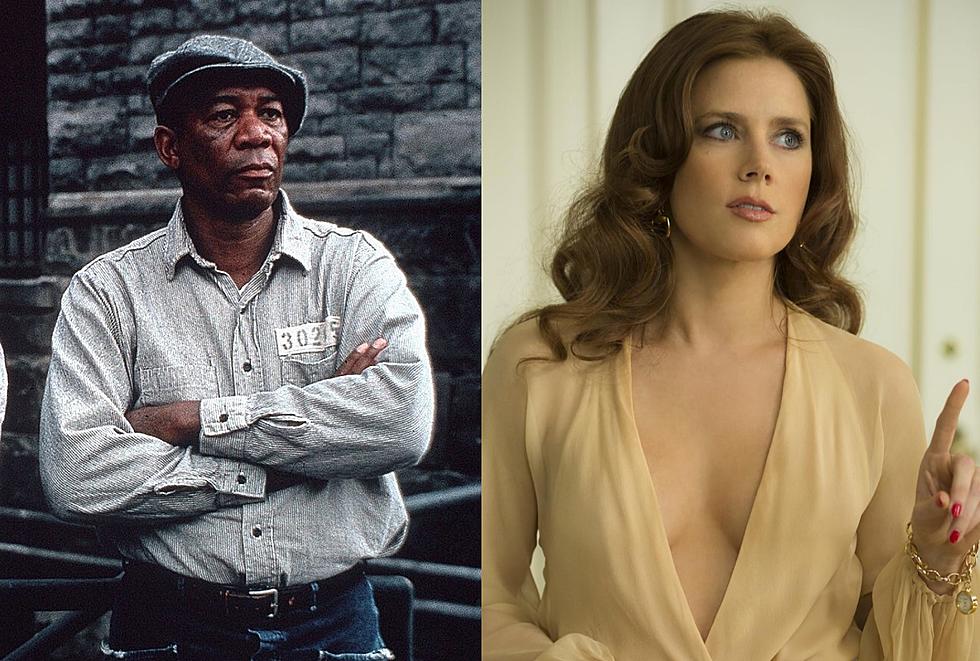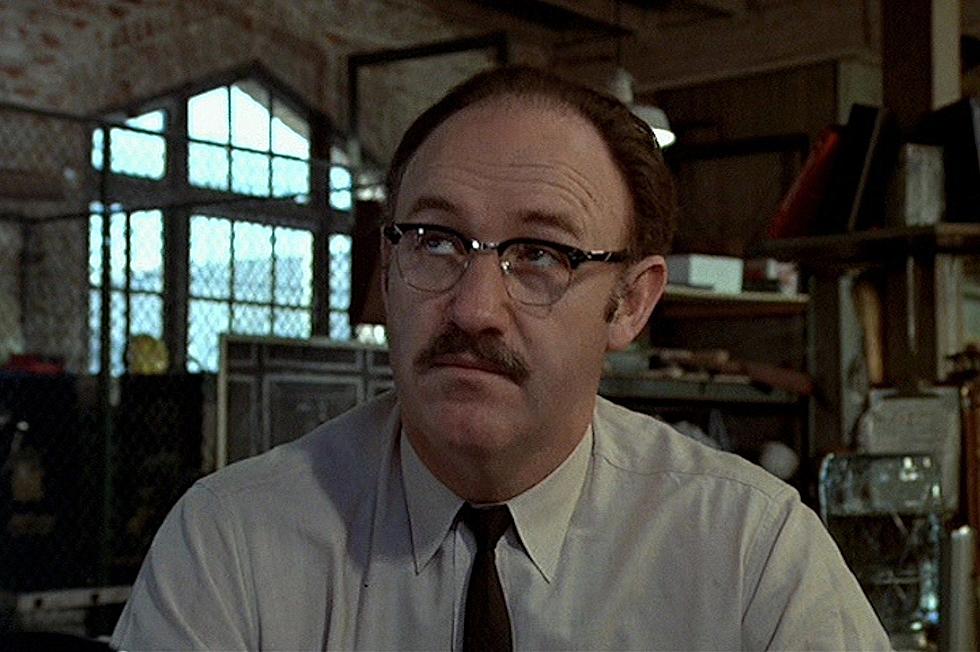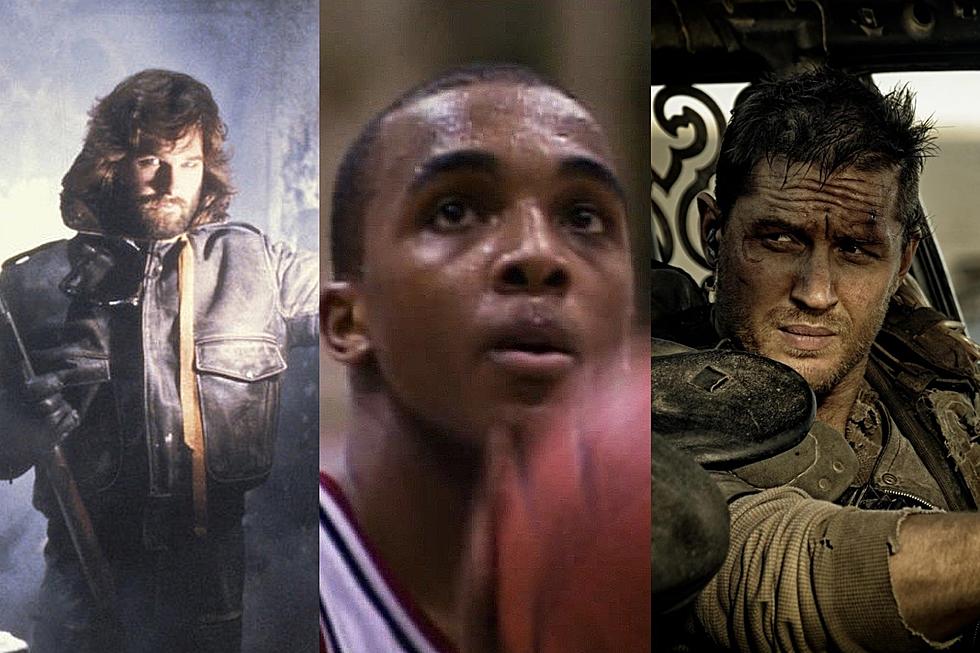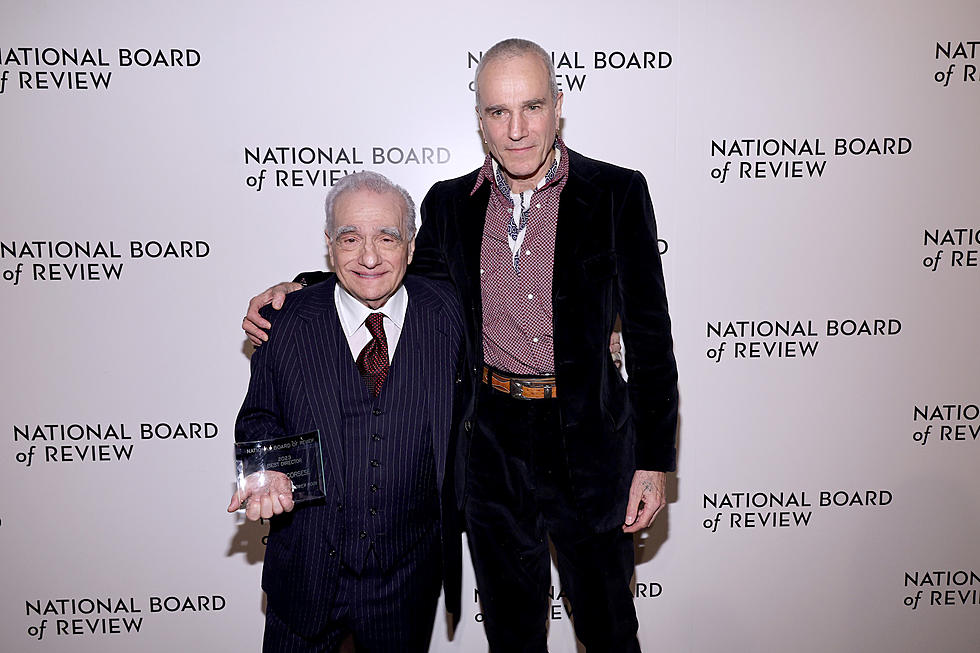
Retro Rental: ‘Goodfellas’
[Each week, inspired by what's in theaters or in the news or even just by random firings of neurons, 'Retro Rental,' by film critic James Rocchi, looks at an older film on disc or download that links up to the here-and-now ...]
Henry Hill died this week at 69; like Mark Felt, Hill's an interesting case in American public life, where we know much more about Hill (or Felt, better known as Deep Throat) and their lives from one fictional version of their life than we know about them from their real exploits. If I say "Henry Hill" to you, you probably say "Who?" If I say "You know, the Ray Liotta character from 'Goodfellas,'" you know exactly who I'm talking about, and, if you're a fan, mention something about having to go across town to get the red sauce.
And that's the power of a great film -- Scorsese's 'Goodfellas' may be loosely taken from the true story of Hill, but the fiction is better-known than the fact, and as 'The Man who Shot Liberty Valance' notes, when you have to choose between the truth and the legend, we often choose the legend. Hill was a lifelong mafioso who helped engineer some big heists and brutal beatings; at the end of the day, though, he became a turncoat, broke the code of silence to the Feds and went into the witness protection program, which he was a spectacular failure at.
But we don't need to know too much about Hill's life when the Scorsese version -- co-written by Scorsese and Nicholas Pileggi, it's a hyper-condensed version of mob life, what happens when a kid who grows up with mobsters as heroes on the big screen and in his life enters the Mafia and finds out what it's really like, the traditional gangster film rise-and-fall narrative redeemed and re-created by how Scorsese shoots the ecstasy of the rise (long, swooning hand-held camerawork guides us through the side entrance and into a front row seat) and the agony of the fall (quick-cut scenes of ugly obligations and frantic activity shown with coke-snort fast editing and a motormouthed monologue by Liotta as Hill). The weed of crime, they say, bears bitter fruit but, for a while, it's the sweetest-tasting thing Henry Hill's ever wanted.
And again, who can say what the real Hill was like, especially when the movie-version of him we got from Liotta -- that glass-etching laugh, that dour, sour look of meanness and cruelty in the face of a cruel and mean world -- is so strong in our minds? Liotta himself noted of Hill's passing that "Although I played Henry Hill in the movie 'Goodfellas' I only met him a few short times so I can’t say I knew him but, I do know he lived a complicated life." None of us knew Henry Hill, but, thanks to Liotta and Scorsese, we feel like we do, which is often more important. Life is short, the saying says, and art is long-lived; with Henry Hill and 'Goodfellas,' it's more like how life is long and complicated while art -- specifically, film -- speeds by in a few hours with the highlights and the lowlights in the same golden blur.
'Goodfellas' will endure -- it's one of the great American films, never mind gangster films -- and for generations, people will have an idea of who Henry Hill was, without having to know that he would wind up dropping out of witness protection, fall on and off the wagon of sobriety, humiliate himself on Howard Stern and sell spaghetti sauce by mail with name recognition the only thing in his favor. Henry Hill died but "Henry Hill" lives, and for Hill, a man made and unmade by watching too many gangster movies and believing too many gangster myths, that seems like a suitably complicated epitaph.
('Goodfellas' is available on DVD and Blu-ray.)
More From ScreenCrush
